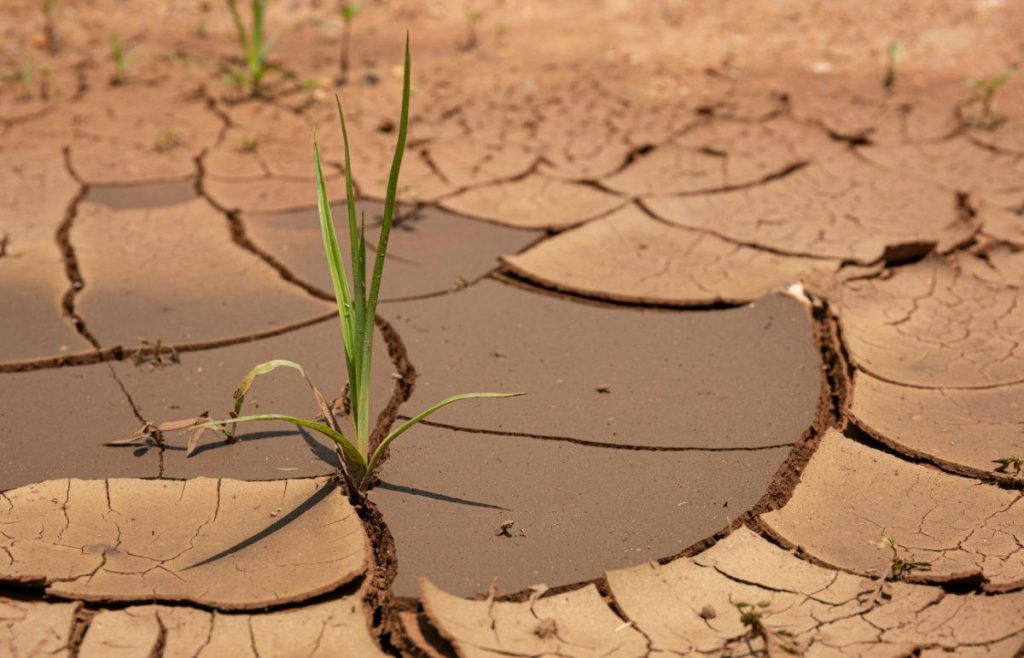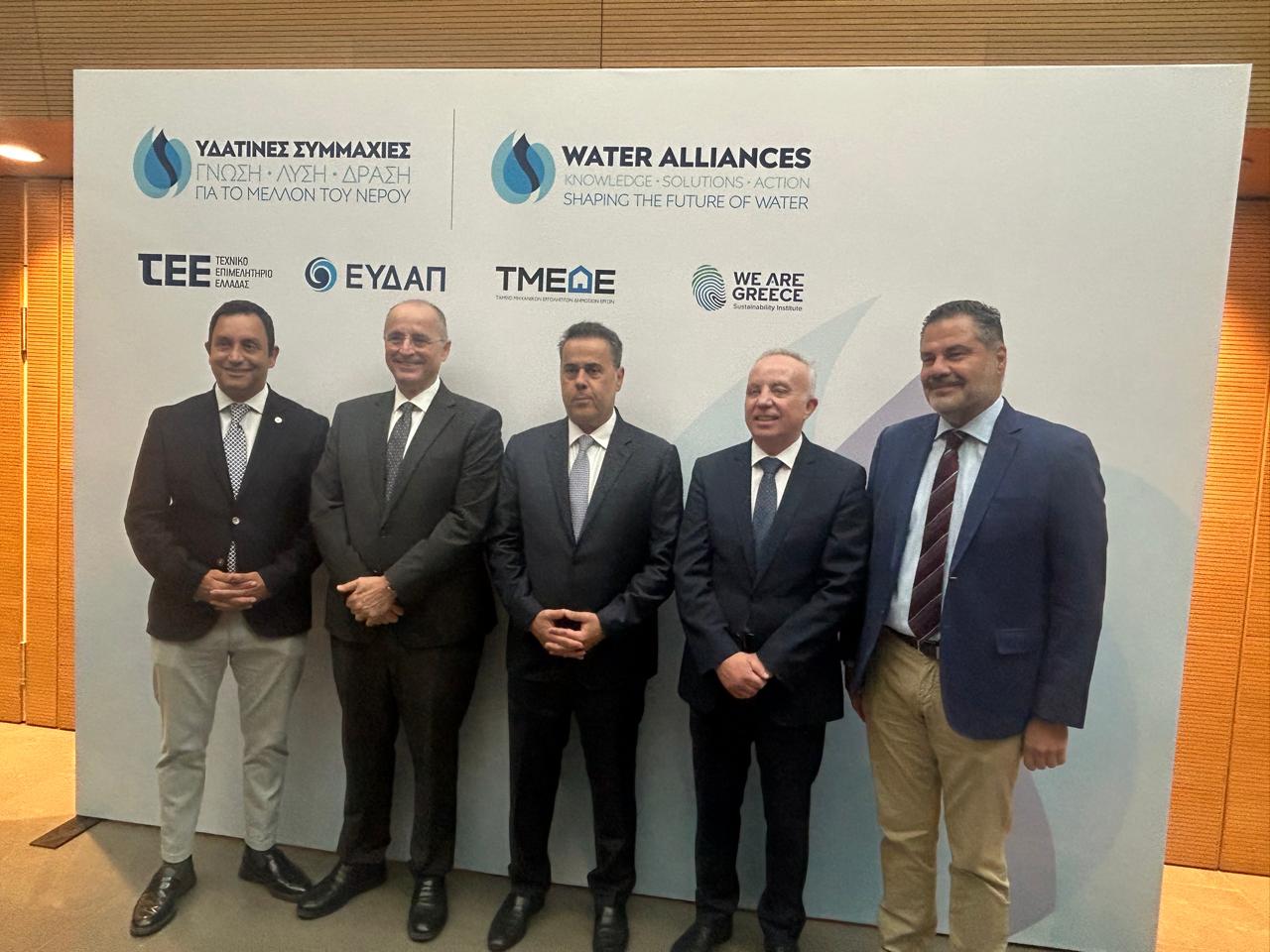Greece’s Environment and Energy Minister Stavros Papastavrou urged citizens and institutions to join forces against water scarcity during the inaugural workshop of the “Water Alliances: Knowledge-Solution-Action for the Future of Water” series, titled “Strategies to Address Water Scarcity: Prevention & Preparation,” on Wednesday, May 7.
Organized by the Technical Chamber of Greece, the Athens Water Supply and Sewerage Company, the TEE-TMEDE Institute, and the “We are Greece” Institute, the event marked the beginning of a collaborative effort to tackle one of Greece’s most pressing environmental challenges.
The workshop brought together key public figures from Greece alongside representatives from Greek and international companies and organizations.
In his opening remarks, Papastavrou underscored the global nature of water scarcity, expressing gratitude to delegates from the United States and Israel for their contributions of expertise and technology.
He reminded the audience that Greece has faced similar challenges before, notably in the early 1990s, when strong public awareness and swift governmental action mitigated the crisis.
A Strategic Roadmap to Address Water Scarcity
Papastavrou outlined a three-pillar strategy aimed at combating water scarcity. The first priority, he explained, is improving efficiency in water management. “We need a holistic approach to water supply and irrigation,” he said, highlighting that Greece’s fragmented network of over 750 management bodies inherently breeds inefficiency.
The second strategic goal centers on securing and deploying additional funding to upgrade water infrastructure. This includes repairing irrigation and supply systems, replacing and expanding networks, implementing desalination projects with a focus on brackish water, and constructing multipurpose dams and reservoirs. “These investments are costly, but further delays are not an option,” Papastavrou emphasized.
The third pillar is water conservation, driven by heightened public awareness, precise assessment of needs, and the rollout of both short-term and long-term measures.
“We must move forward together—strategically and in solidarity—to overcome this challenge, ensuring that our children and future generations never have to face it again,” Papastavrou concluded, extending a call for collective action in which he himself pledged to participate.




